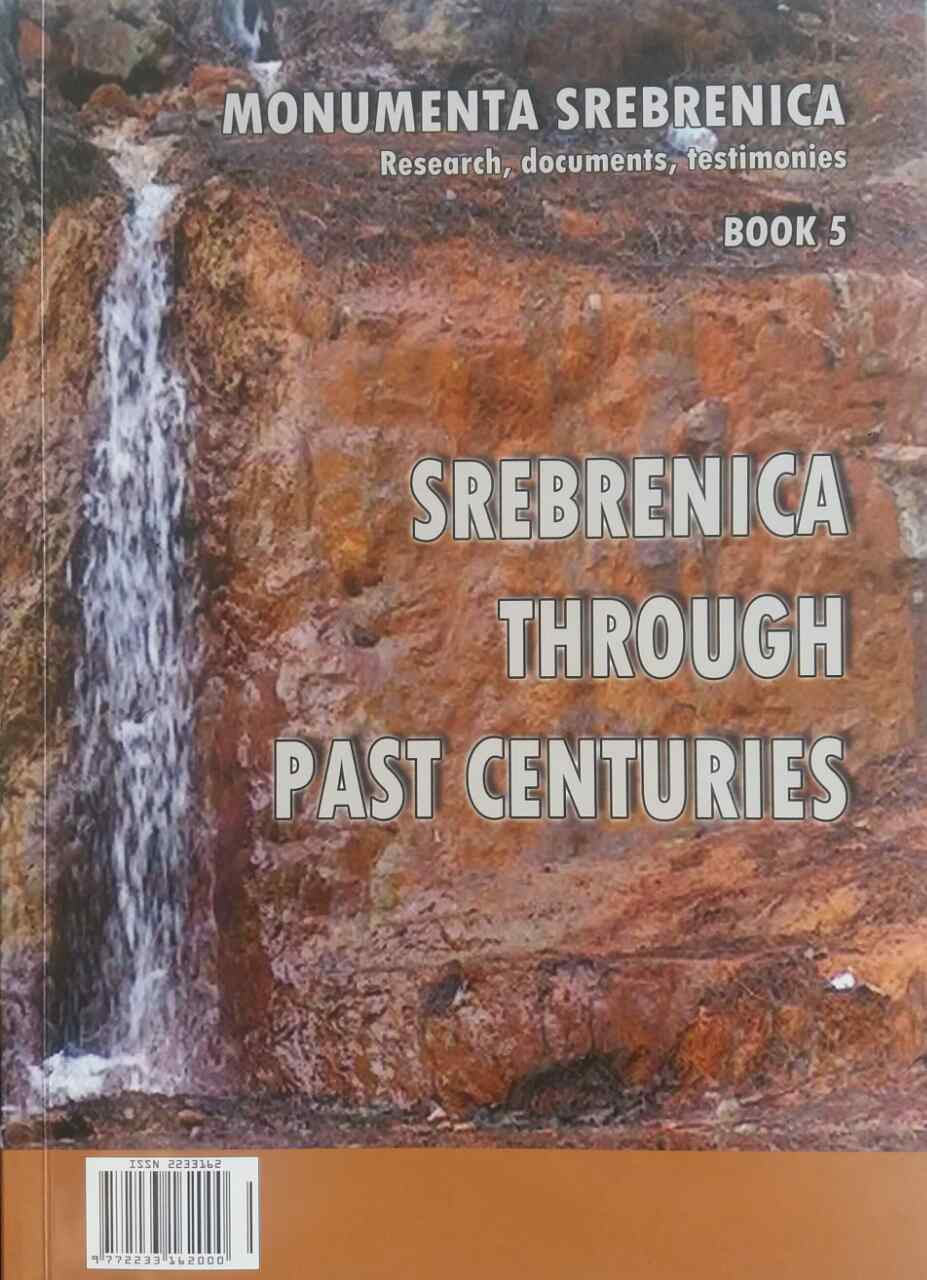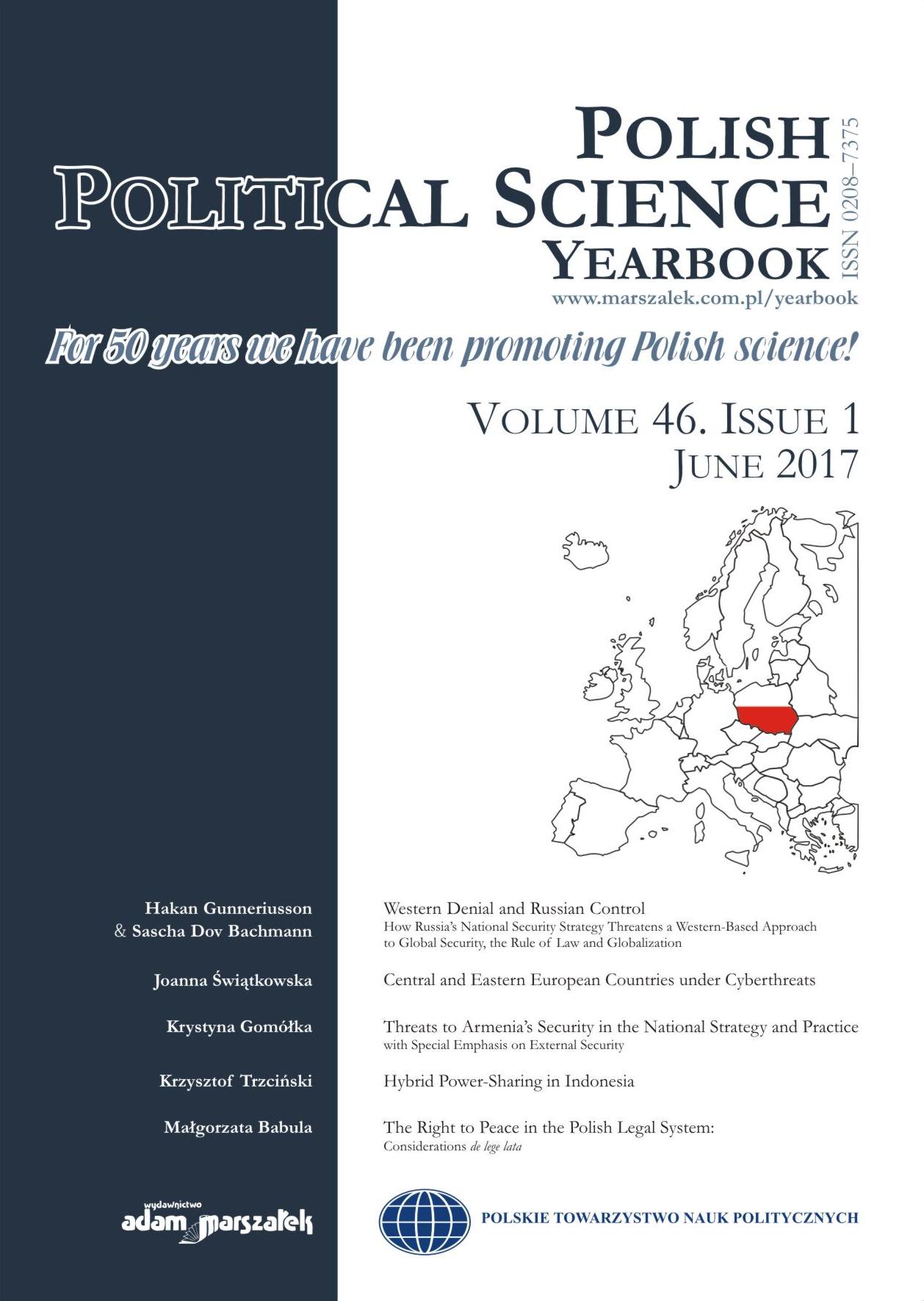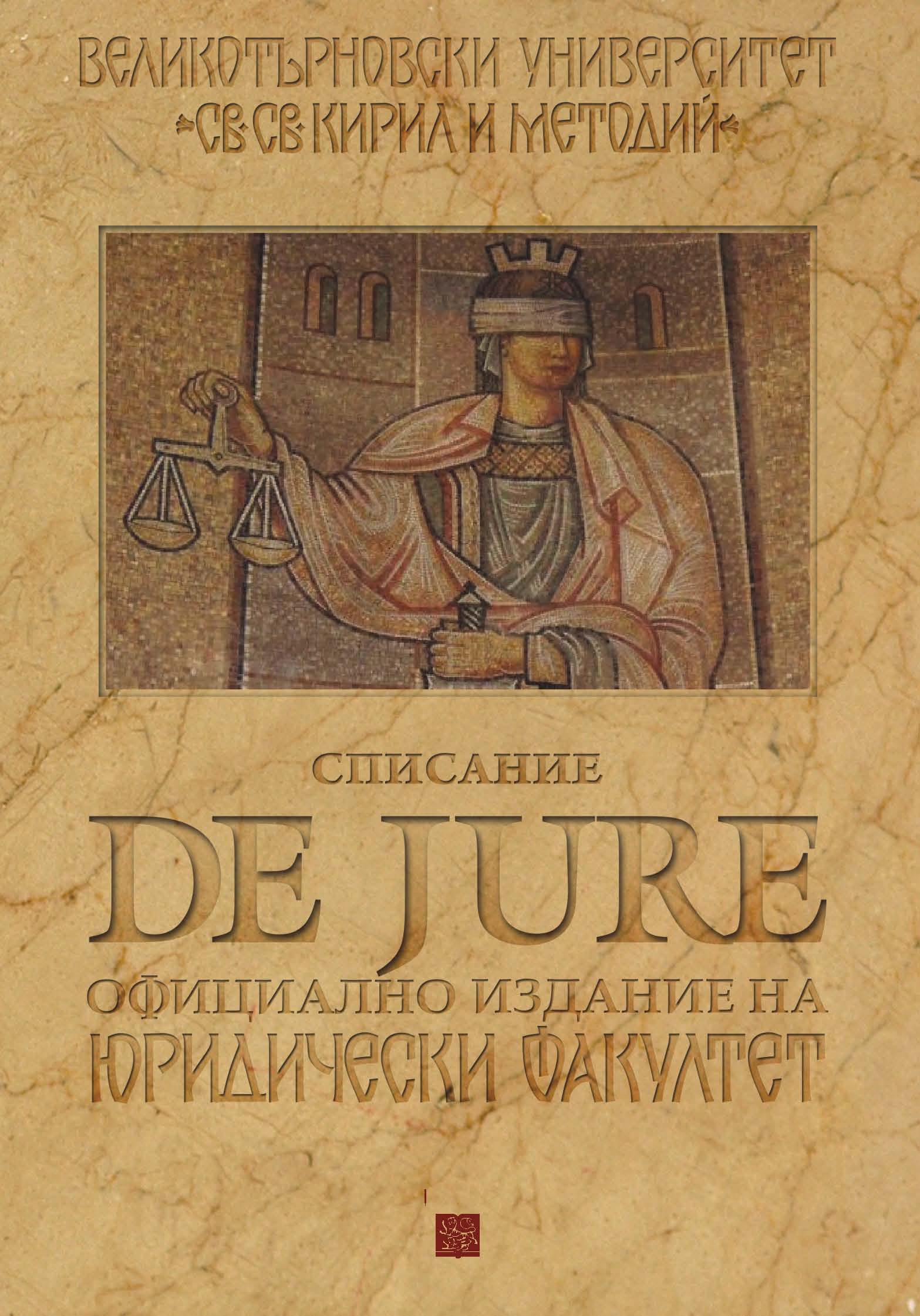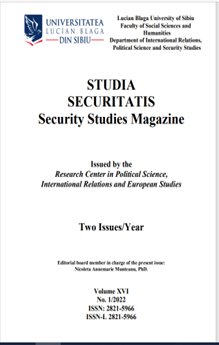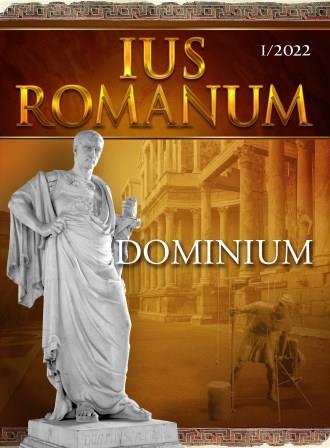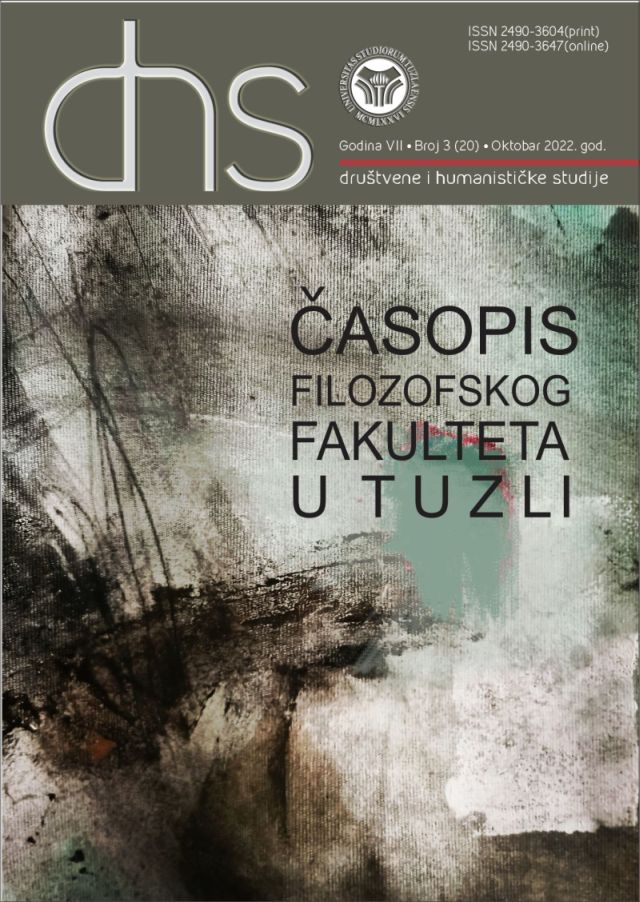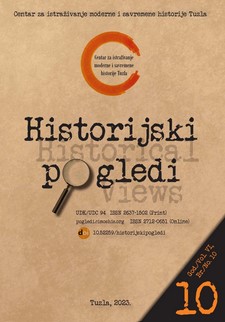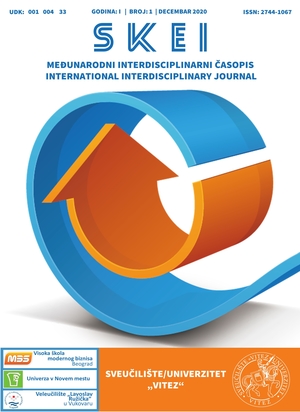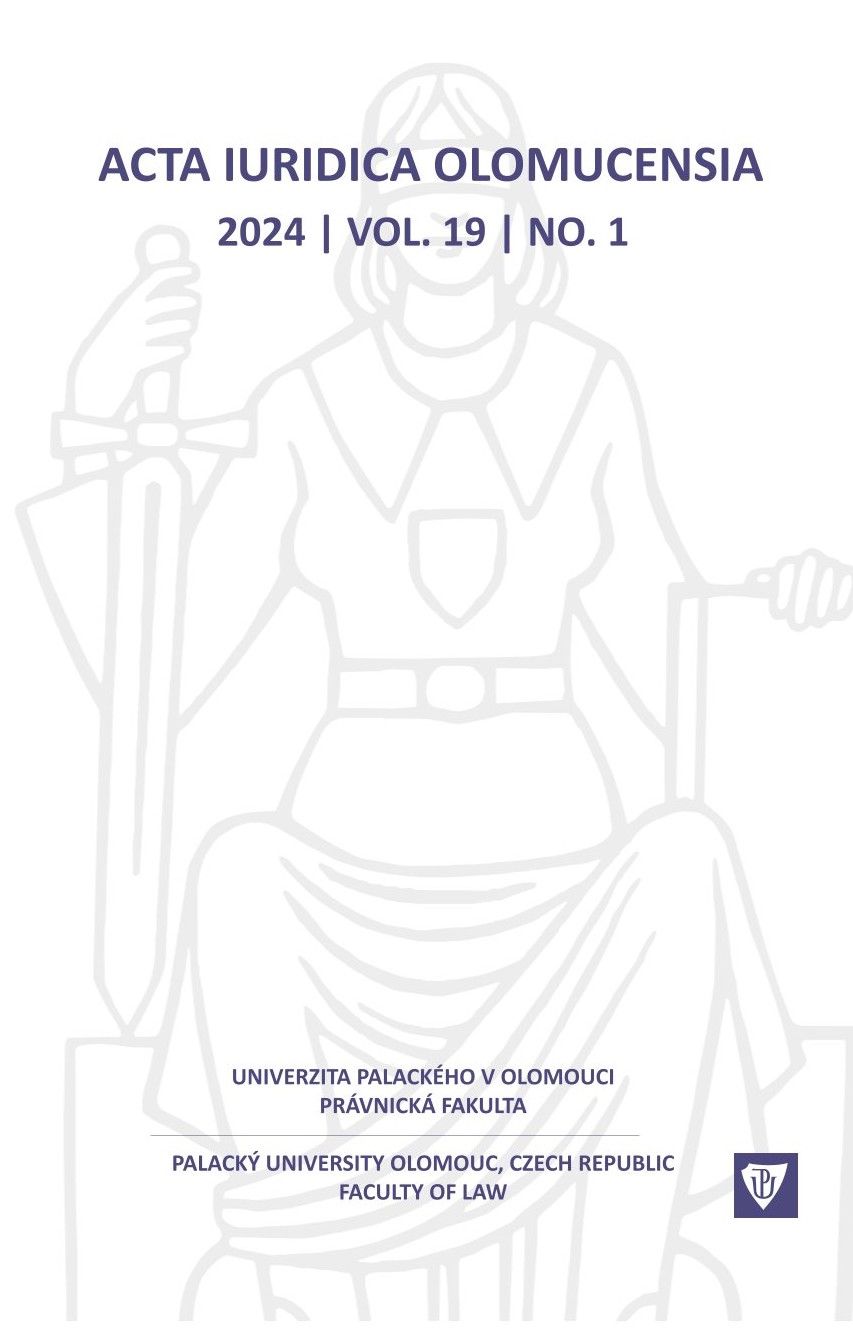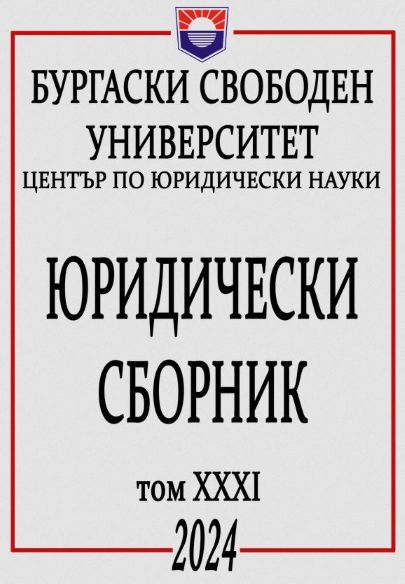Author(s): Vedad Gurda,Amar Lukavačkić / Language(s): Bosnian
Issue: 10/2023
During the international armed conflict in Bosnia and Herzegovina from 1992 to 1995, numerous crimes were committed, among which crimes of rape are at the top of the scale of brutality. It is estimated that between 20,000 and 50,000 women and girls were raped in the aforementioned conflict, of which the largest number of these atrocities were committed by members of the Army of the Republika Srpska (VRS), the Ministry of Internal Affairs of the RS (MUP RS) and related paramilitary formations against Bosniak (muslim) women. It is to be assumed that an extremely large number of perpetrators were involved in the commission of the crimes in question, but unfortunately, a relatively modest number of suspects were prosecuted before the competent courts in Bosnia and Herzegovina, the International Criminal Tribunal for the former Yugoslavia (ICTY) and the neighboring Republic of Croatia and the Republic of Serbia. Within the framework of this work, the research focus is on the prosecution of war rapes before the War Crimes Chamber of the State Court of Bosnia and Herzegovina from the beginning of the work of the mentioned court until today (2005-2023). In the indicated period, 70 wartime rape cases involving 109 defendants were processed before this judicial forum. Out of that number, 55 cases were finally concluded, with convictions in 41 cases and acquittals in 14 cases. The subject of the research was some individual characteristics of perpetrators and victims of war rape. The research sample consisted exclusively of cases in which a final conviction was passed (N=41), in which 51 defendants were declared guilty of war rape and 80 victims of this crime were identified. The research established that all the convicts were male. In addition, 72% of those convicted were members of the Army of the Republika Srpska (VRS), 16% of the Army of the Republic of Bosnia and Herzegovina (RBiH Army) and 12% of the Croatian Defense Council (HVO). All members of the RBiH Army were convicted of war rape which is legally qualified as a war crime against the civilian population, which is a criminal offense that, according to the Criminal Code of Bosnia and Herzegovina (CC BiH), does not include the existence of a widespread and systematic attack on the civilian population. On the other hand, the largest number of members of the VRS and four members of the HVO who were prosecuted for wartime rape were convicted of having committed that crime as a crime against humanity, which included a campaign of widespread, massive and systematic criminal activity connected with other crimes (murder, torture, imprisonment, deportation of the population, enforced disappearance, etc.).
More...

